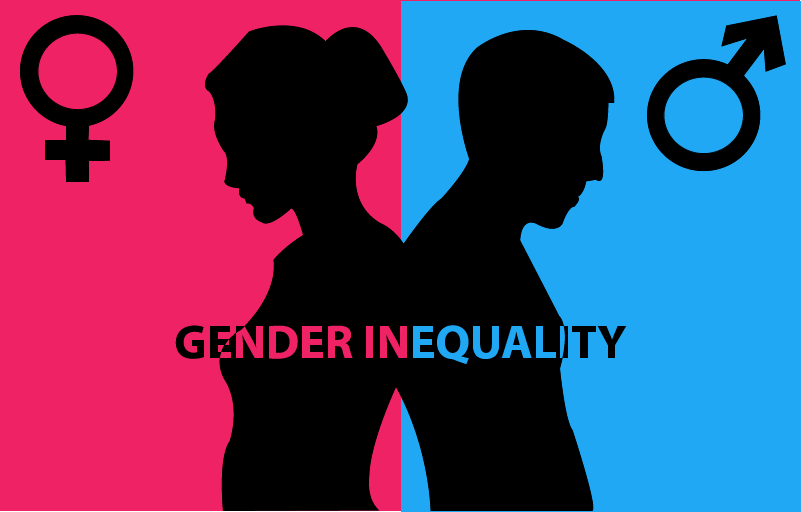Nigeria, Sub-Saharan Africa’s largest economy has fallen 12 places to 118th in the global gender equality ranking, according to the, according to the Global Gender Gap Report 2014, launched today.
Sub-Saharan Africa, meanwhile, boasts three countries in the top 20 of the index. The highest placed, Rwanda, scores highly in terms of economic and political participation and is the highest-ranked developing country in the index.
Next is Burundi, which climbs five places to 17th, followed by South Africa.
The report says the gender gap for economic participation and opportunity now stands at 60% worldwide, having closed by 4% from 56% in 2006 when the Forum first started measuring it. Based on this trajectory, with all else remaining equal, it will take 81 years for the world to close this gap completely.
The ninth edition of the report finds that, among the 142 countries measured, the gender gap is narrowest in terms of health and survival.
Nine years of data from the Global Gender Gap Report – first published in 2006 – reveal the pattern of change around the world relative to countries’ own past performance and in relation to each other.
“Much of the progress on gender equality over the last 10 years has come from more women entering politics and the workforce. While more women and more men have joined the workforce over the last decade, more women than men entered the labour force in 49 countries.
And in the case of politics, globally, there are now 26% more female parliamentarians and 50% more female ministers than nine years ago. “These are far-reaching changes – for economies and national cultures, however it is clear that much work still remains to be done, and that the pace of change must in some areas be accelerated, ” said Saadia Zahidi, Head of the Gender Parity Programme at the World Economic Forum and lead author of the report.
Progress has not been even across the four pillars of economy, politics, health and education. On educational attainment and health and survival, although many countries have already reached parity, the trend is actually reversing in some parts of the world. In fact, nearly 30% of the countries covered have wider education gaps than they did nine years ago, and over 40% of countries have wider health and survival gaps than they did nine years ago.
The direction of change within countries from 2006 to the present day has been largely positive, but not universally so. Of the 111 countries that have been continuously covered in the report over the last nine years, 105 have narrowed their gender gaps, but another six have seen prospects for women deteriorate.
These six countries are spread across regions: in Asia, it is Sri Lanka; in Africa, Mali; in Europe, Croatia and Macedonia; and in the Middle East, Jordan and Tunisia. In the Americas, no country has widening gender gaps.
While the Nordic nations continue to act as role models in terms of their ability to achieve gender parity, some of the biggest absolute and relative improvements of the past nine years have come from countries that are low in the rankings.
For example, the most improved country relative to its starting point nine years ago for economic participation and opportunity is Saudi Arabia; Burkina Faso for educational attainment; Angola for health and survival; and the United Arab Emirates for political empowerment, the report says.
In absolute terms, the most improved countries include Guatemala for economic participation; Nepal for educational attainment; Angola for health and survival; and Nicaragua for political empowerment.
Within the economic participation category, Nepal, Botswana and Nigeria have had the most absolute gain in terms of increased rates of female labour force participation. Kuwait, Luxembourg and Singapore have seen the largest absolute gains on women’s income. The largest gains on women in senior roles – legislator, senior official and manager positions – have come from France, Madagascar and Honduras, while on high-skilled roles in general – professional and technical workers – Bulgaria, Honduras and Ecuador have the lead.
The countries with the most losses relative to their past performance are: Jordan on economic participation; Angola on educational attainment; India on health; and Botswana on political empowerment. The least-improved countries in absolute terms are: Mali for economic participation; Angola for educational attainment; India for health and survival; and Sri Lanka for political empowerment.

